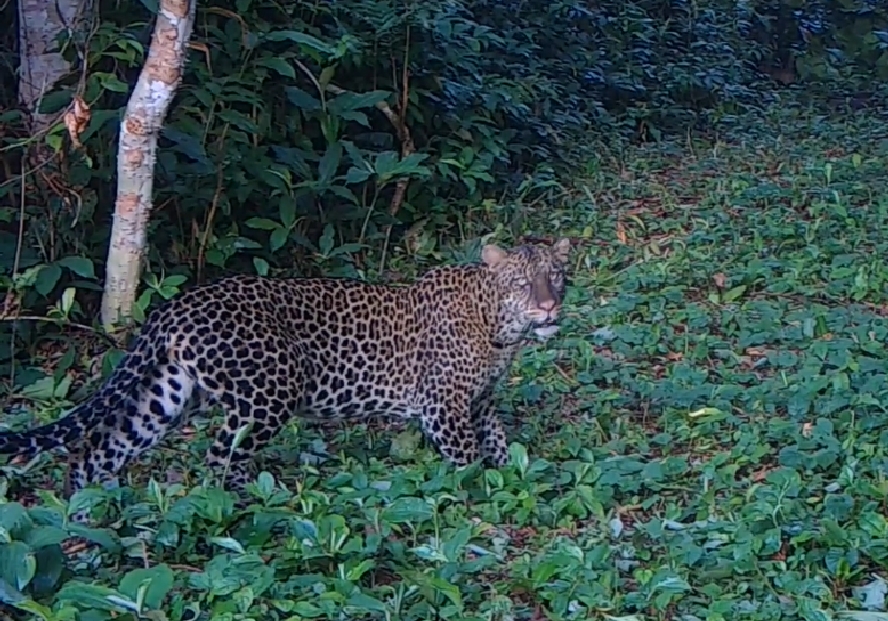We wish to begin this article by extending our sincere thanks to IUCN Save Our Species for their invaluable support, through the African Wildlife Initiative, of a two-year project in Lésio-Louna Reserve in the Republic of Congo. The African Wildlife...
Read More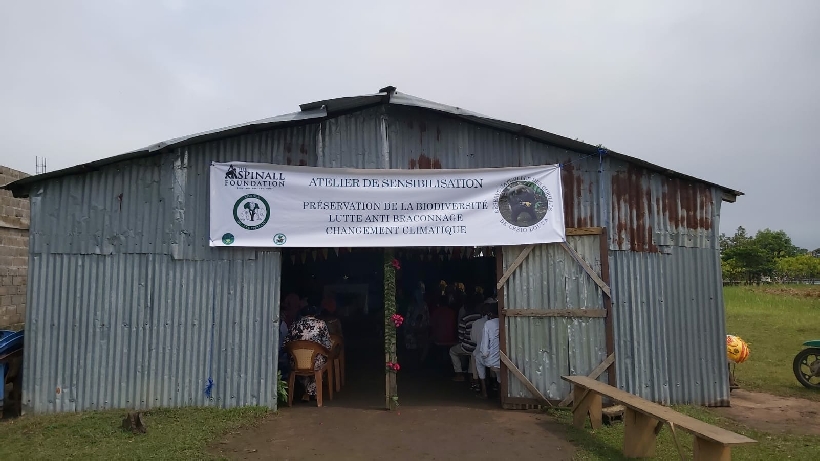
Raising awareness of conservation issues with the communities surrounding the Lésio-Louna reserve has been an important aspect of our two-year project supported by IUCN Save Our Species although it has proven difficult to arrange large scale...
Read More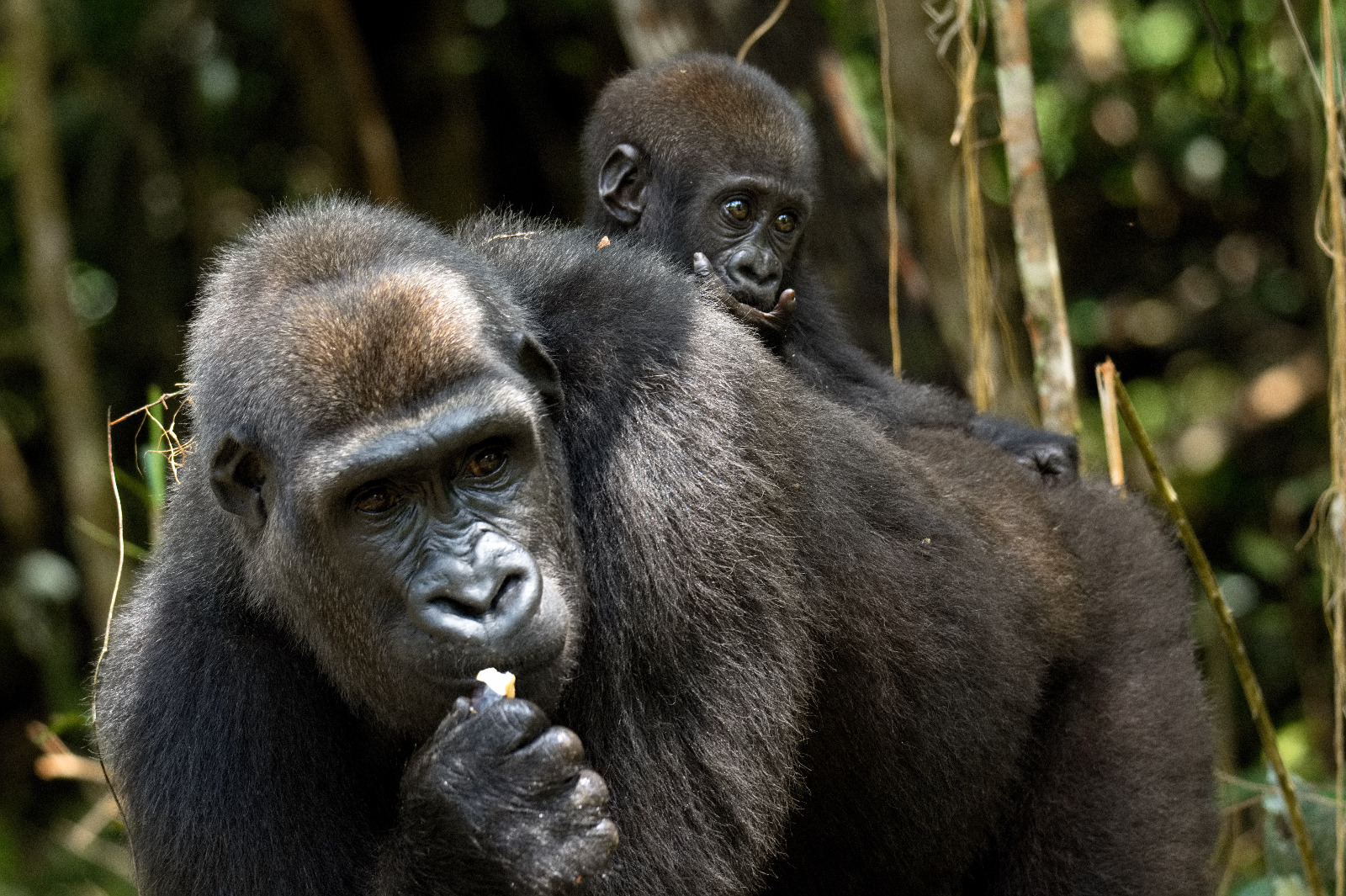
Contemplating the difficult year gone by, there are still many achievements for us to celebrate amidst the ongoing challenges in the world at large.
Read More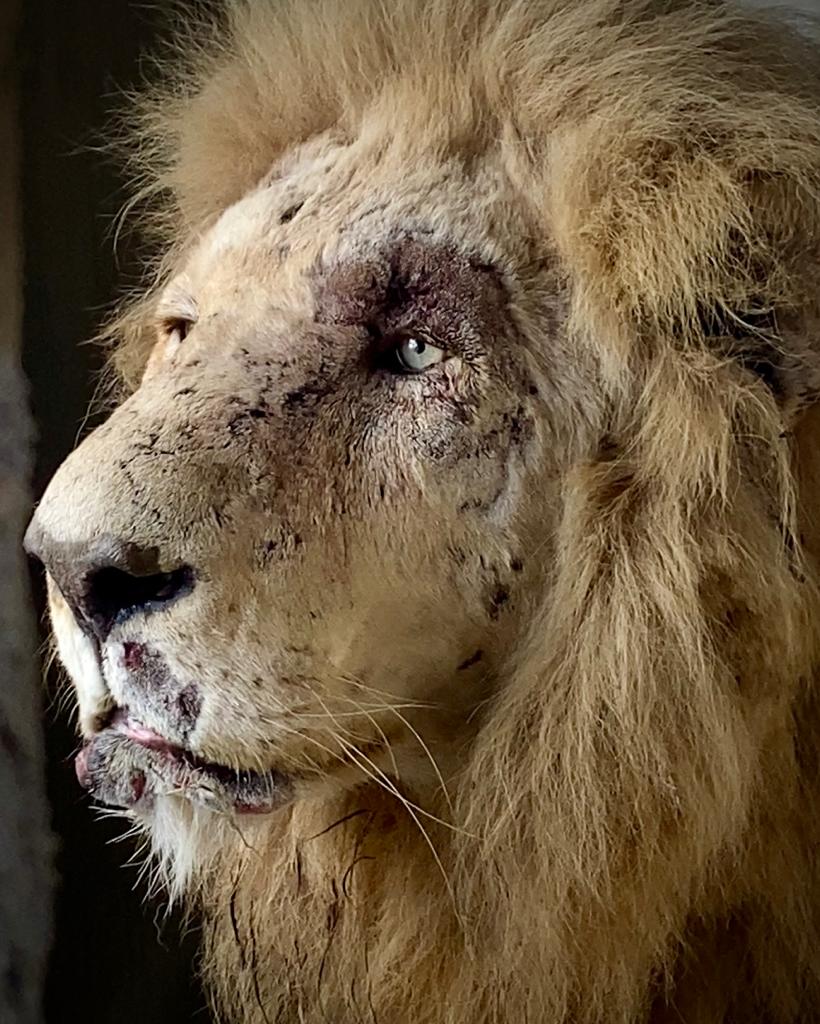
17/05/2022
A year in South Africa
Ramping up our lifesaving animal welfare work across the country
Read More.jpg)
A place like no other
Read More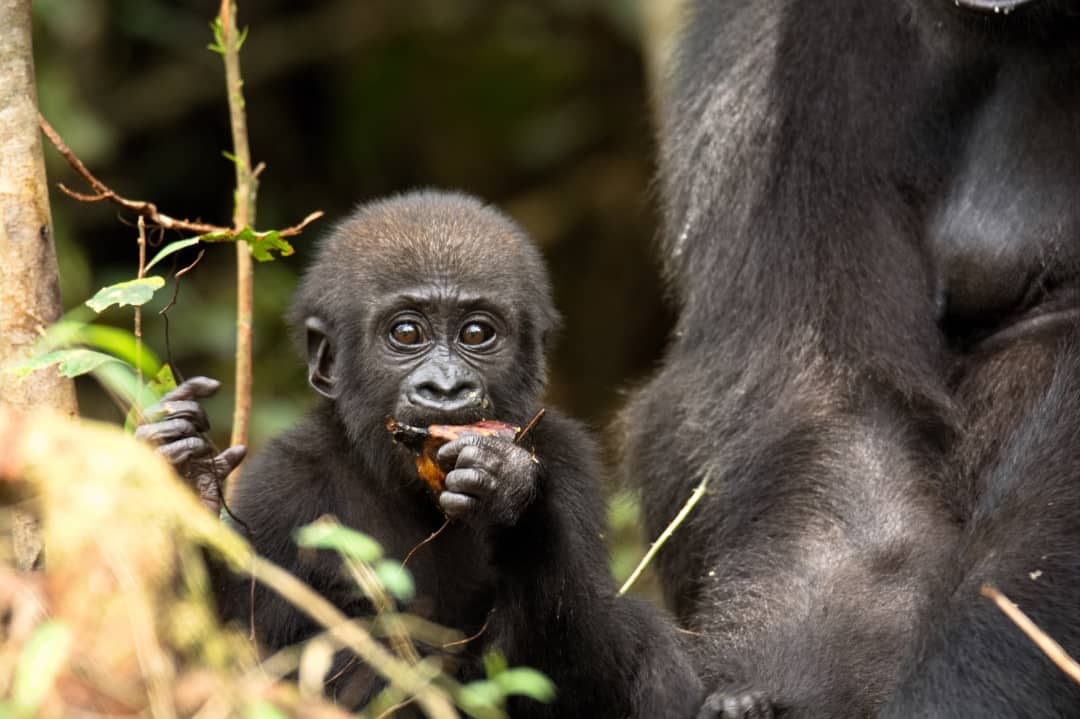
The Aspinall Foundation has been protecting gorillas in Africa for decades, returning over 70 to the wild, and seeing over 35 births from them since their reintroduction. This has helped gorillas thrive in areas of Congo and Gabon where they were...
Read More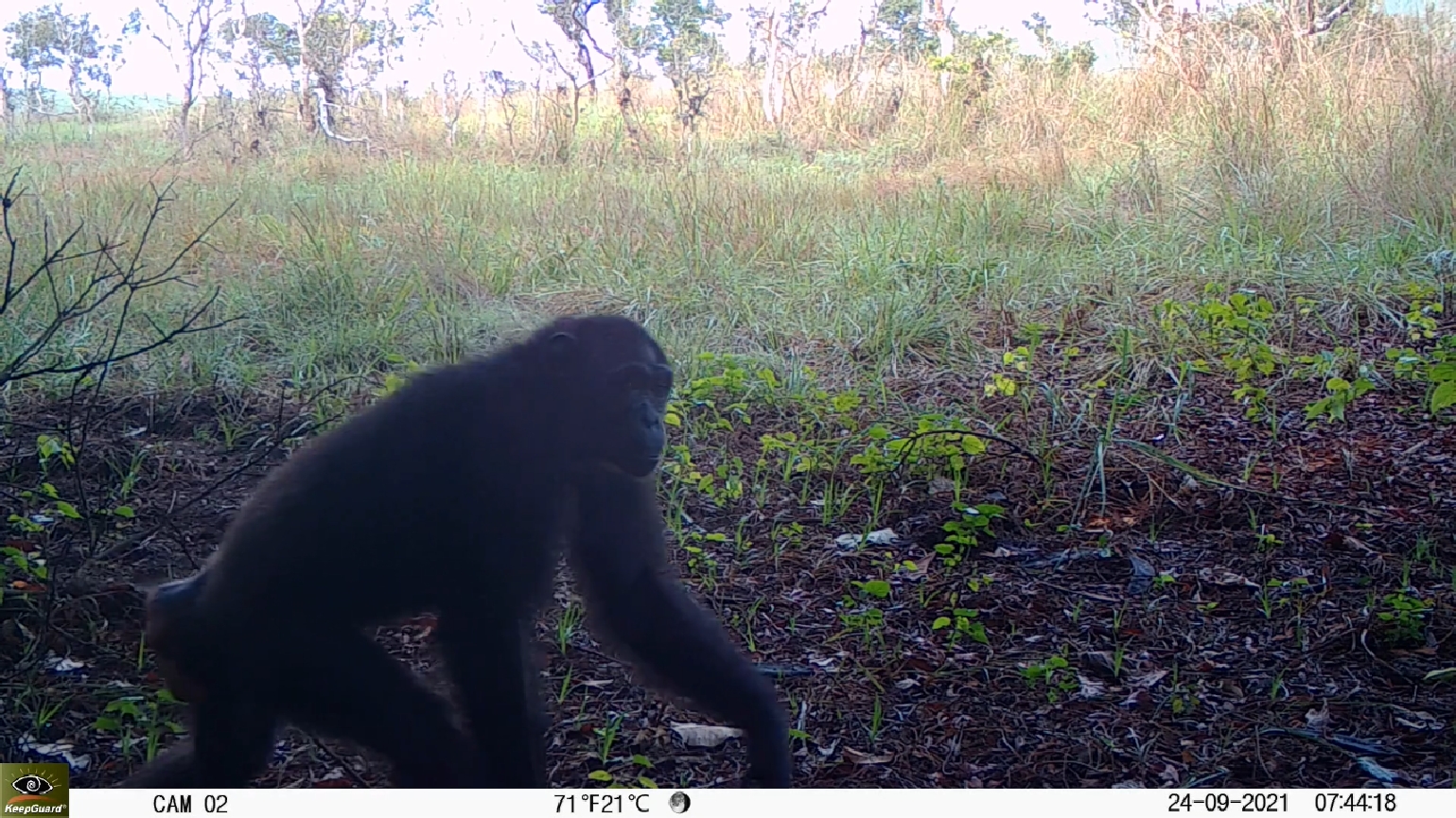
12/04/2022
The Biodiversity of Lésio-Louna Reserve
We are now in the final few weeks of our two year project supported by IUCN Save Our Species. The main focus of the project has been to establish the presence of leopards, and the possibility of lions, within the reserve. However it has a much wider...
Read More.jpg)
09/09/2021
Breaking news from Gabon!
Conservation history has just been made as The Aspinall Foundation announced the first ever birth to captive-born gorillas in the wild, part of the Aspinall Foundation's ground-breaking gorilla reintroduction project in the Batéké Plateau National...
Read More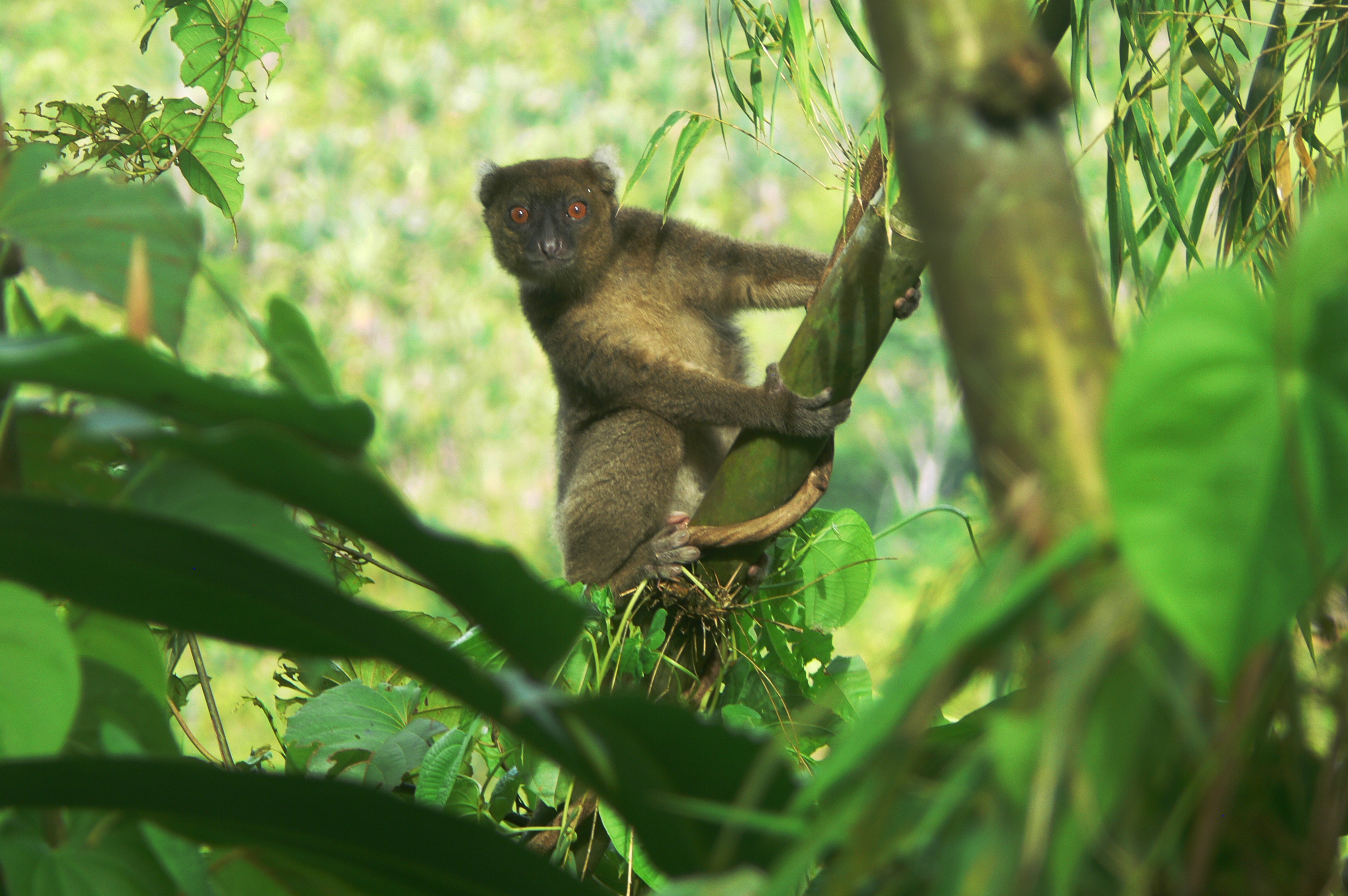
Forest degradation is a recurring phenomenon throughout Madagascar every year. Unfortunately, Andriantantely forest is not spared from the devastating impact of this destructive behaviour: Tavy (Slash-and-burn agriculture), Teviala (Forest clearing...
Read More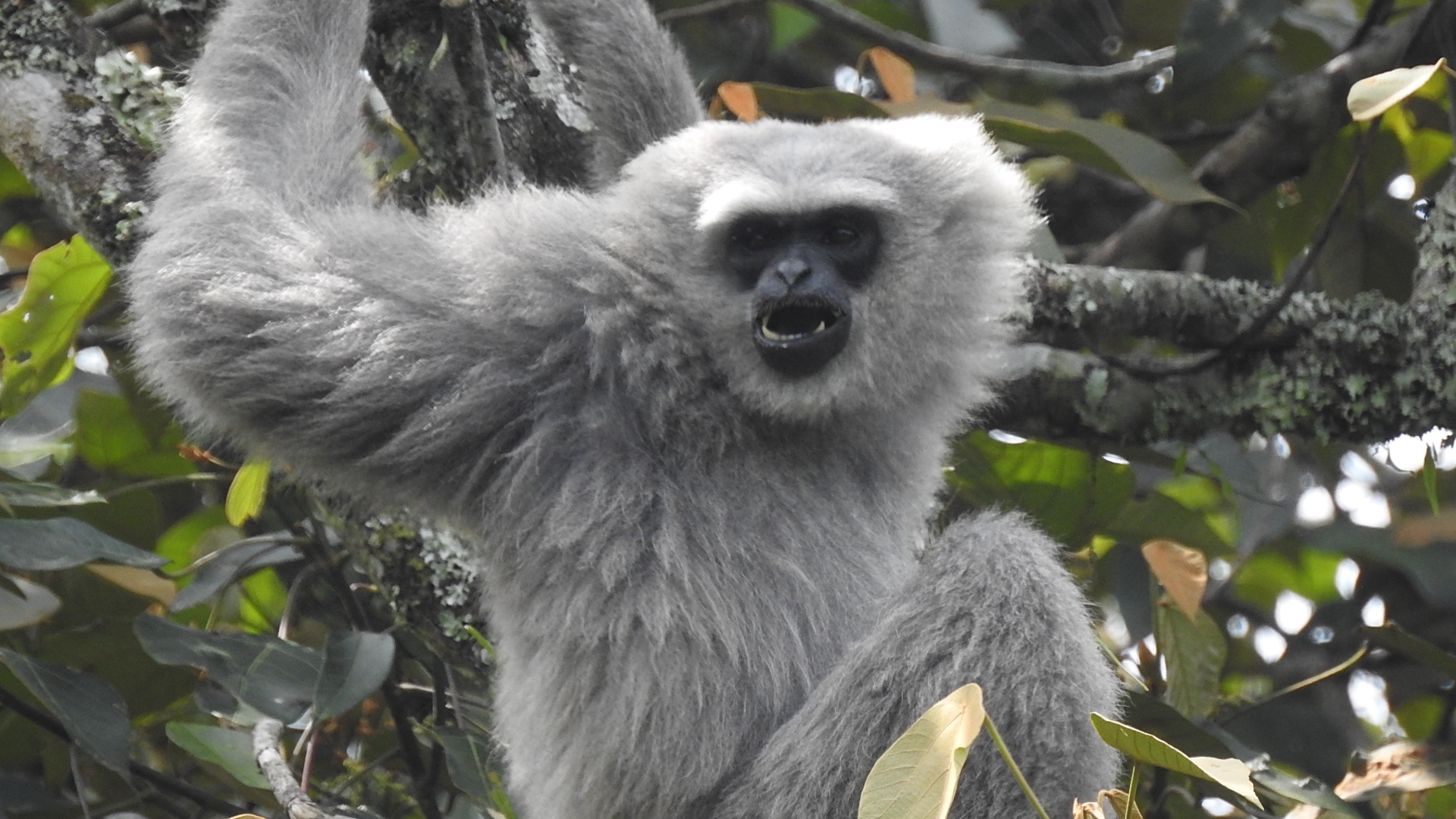
The threats to wildlife and their delicate habitat continue to grow in Java as the human population encroaches on the remaining rainforest. The islands of Indonesia are a biodiversity hotspot and endemic species, such as the Javan gibbon, are losing...
Read More

